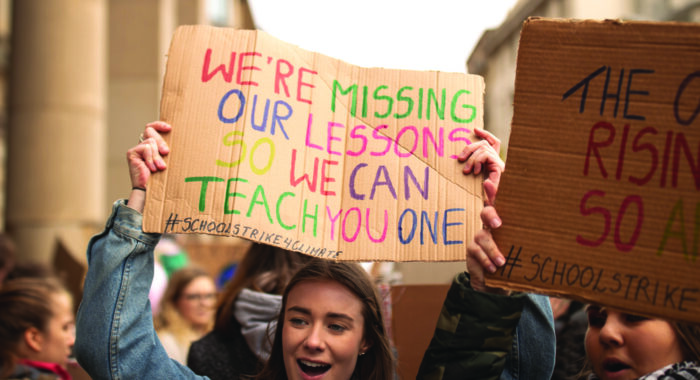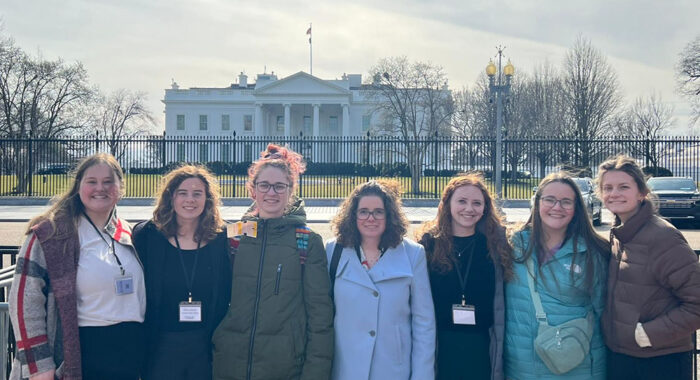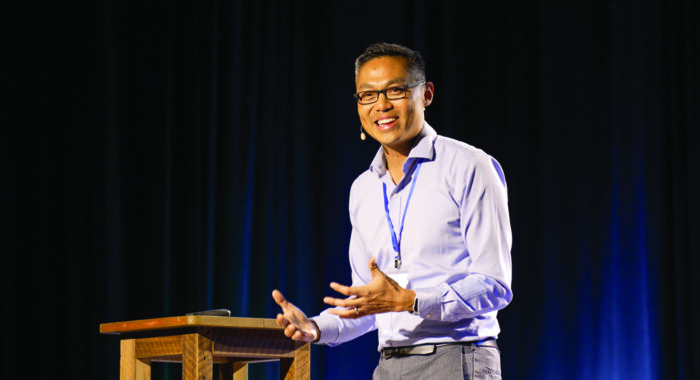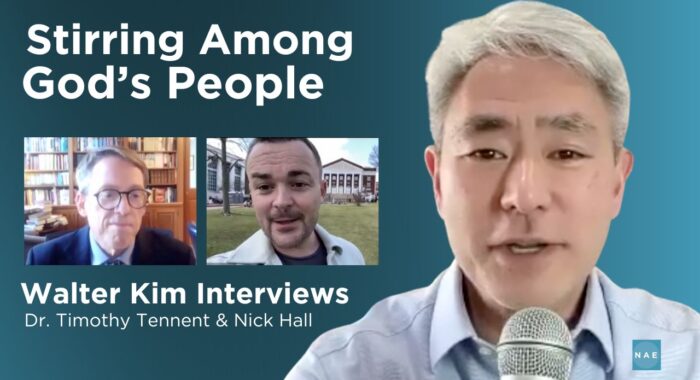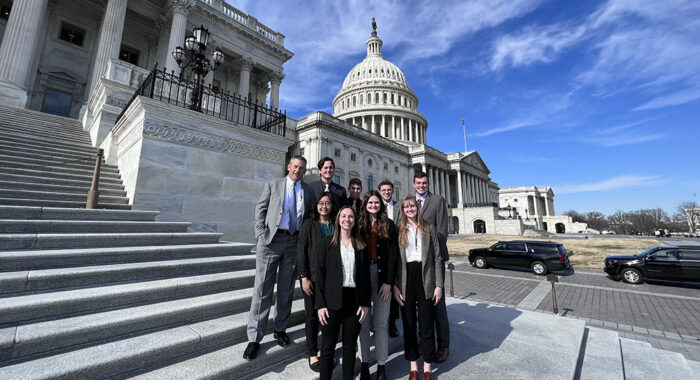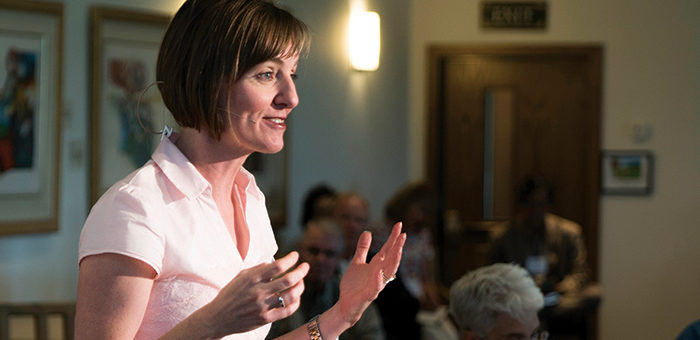Millennials are the largest generation in American history. In their 20s and 30s, they are entering the workforce and ministry contexts. Are our churches and ministries adapting to their needs?
In Today’s Conversation with Leith Anderson, Jolene Erlacher unravels the mysteries of Millennials with practical tips to engage them in ongoing ministry. In this podcast, you’ll hear an expert on generations share:
- Why it’s important to study Millennials in particular;
- What the unique challenges are for Millennials in ministry positions;
- How Millennials are different and similar to Baby Boomers and other generations;
- What does “post-modern natives” mean and how does their mindset differ from those of a modern mindset.
Read a Portion of the Transcript
Leith: Why is it important to study and talk about Millennials? It seems like there was a day when we were talking about Generation X and that day quickly passed, and they’ve kind of been forgotten in the difference Boomers and Millennials.
Jolene: I like to joke because I am an Xer, that we Xers just have to study Boomers and Millennials, because nobody talks about us. You’re right: It’s the size of the Baby Boomer cohort, which was the largest generation in American history previously, and then Millennials is now the largest generation in American history. So just the sheer size of those generations has dictated a lot of attention and caused a lot of things to be catered towards them because of their sheer size. So that’s one piece of it.
Another thing that we see with generational cohorts as we look throughout history is that you tend to have a dominant generation and then a less dominant generation followed by a more dominant generation. So there’s kind of this ebb and flow or pendulum swing. Howe and Strauss talk about this a lot in their generational studies. So really Xers and now Generation Z, who is the younger generation, are more of the non-dominant or less dominant generations where as Boomers and Millennials are more dominant. That’s one of the reasons.
The other thing that I think is so key for us to understand with Millennials — why Millennials really do merit the attention they get — is because our society in the last several decades, starting really with the ‘60s and ‘70s, has undergone massive cultural shifts. When we look at the scope of history, we see that every couple hundred years in a society or civilization, there’s massive cultural upheaval. If we go back a couple hundred years, we have things like the Age of Enlightenment and the Industrial Revolution, which propelled us out of an agrarian society into an industrial or urban society. A couple hundred years before that we had the European Renaissance, which propelled us out of the Middle Ages into the Modern Era. So we see this trend that every couple hundred years, there’s massive cultural upheaval that reorders the whole way that a society functions. Right now with Postmodernism and a lot of other things related to that, we’ve seen a massive shift in how our society functions and how we view things and our worldviews and values.
Share the Love
If you enjoyed the program, please rate it on iTunes and write a brief review. That will help get the word out and raise the visibility of the show.
Jolene Erlacher is the founder of Leading Tomorrow, which equips ministries and other workplaces in intergenerational leadership. Her research on the experiences and needs of Millennials in ministry positions is documented in her book, “Millennials in Ministry.” Previously Erlacher served at North Central University in Minneapolis, specializing in leadership training, student development and personnel management. She continues to teach graduate courses on organizational leadership at North Central University, as well as continuing education courses for Eduspire. Erlacher holds a B.A. in education from North Central University, and an M.A. and Ed.D. from the University of St. Thomas.
Leith Anderson is president emeritus of the National Association of Evangelicals and pastor emeritus of Wooddale Church in Eden Prairie, Minnesota. He served as NAE president from 2007–2019, after twice serving as interim president. He served as senior pastor of Wooddale Church for 35 years before retiring in 2011. He has been published in many periodicals and has written over 20 books. Anderson has a Doctor of Ministry degree from Fuller Theological Seminary, and is a graduate of Moody Bible Institute, Bradley University and Denver Seminary.




 View All Podcasts
View All Podcasts 


